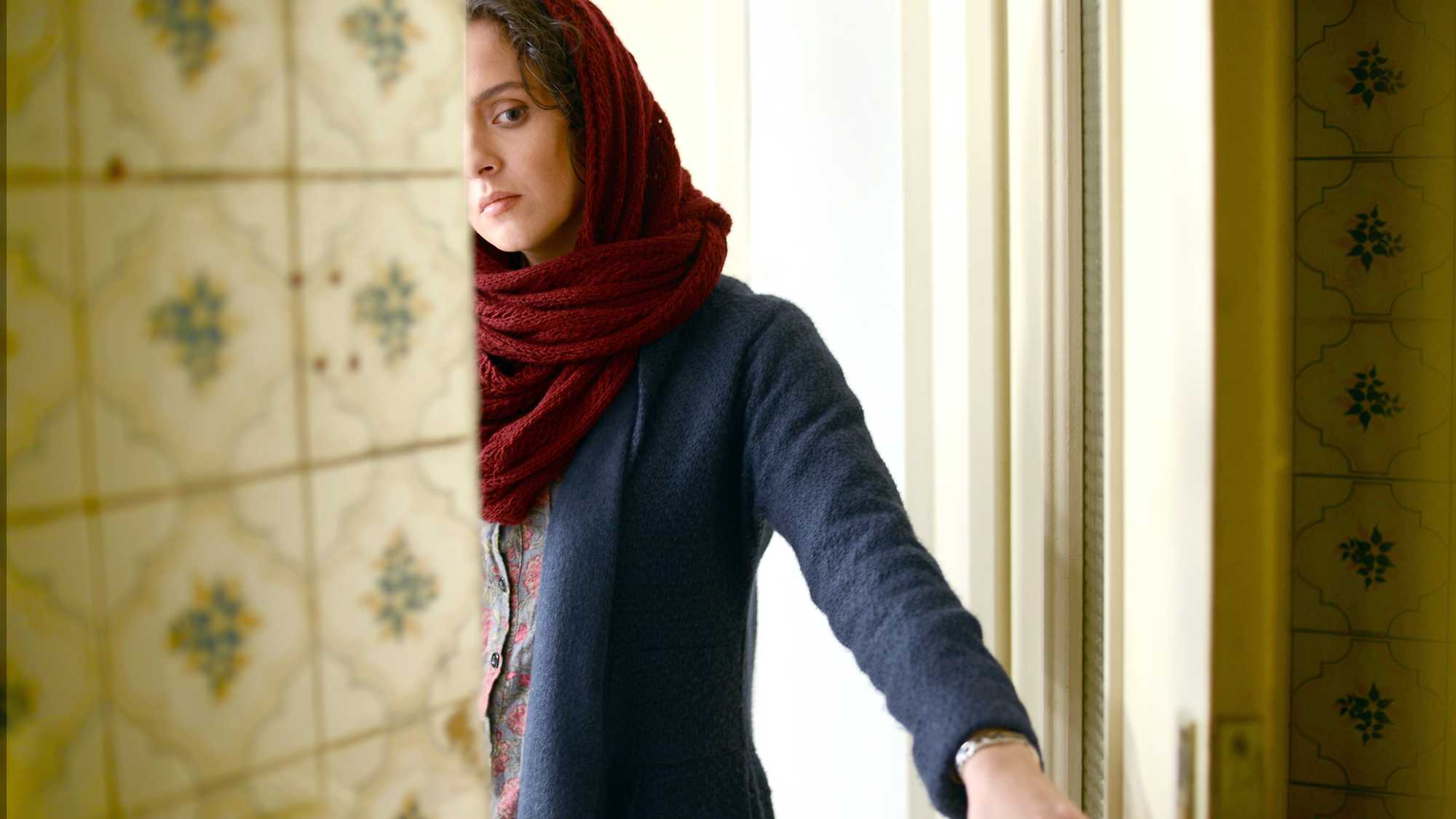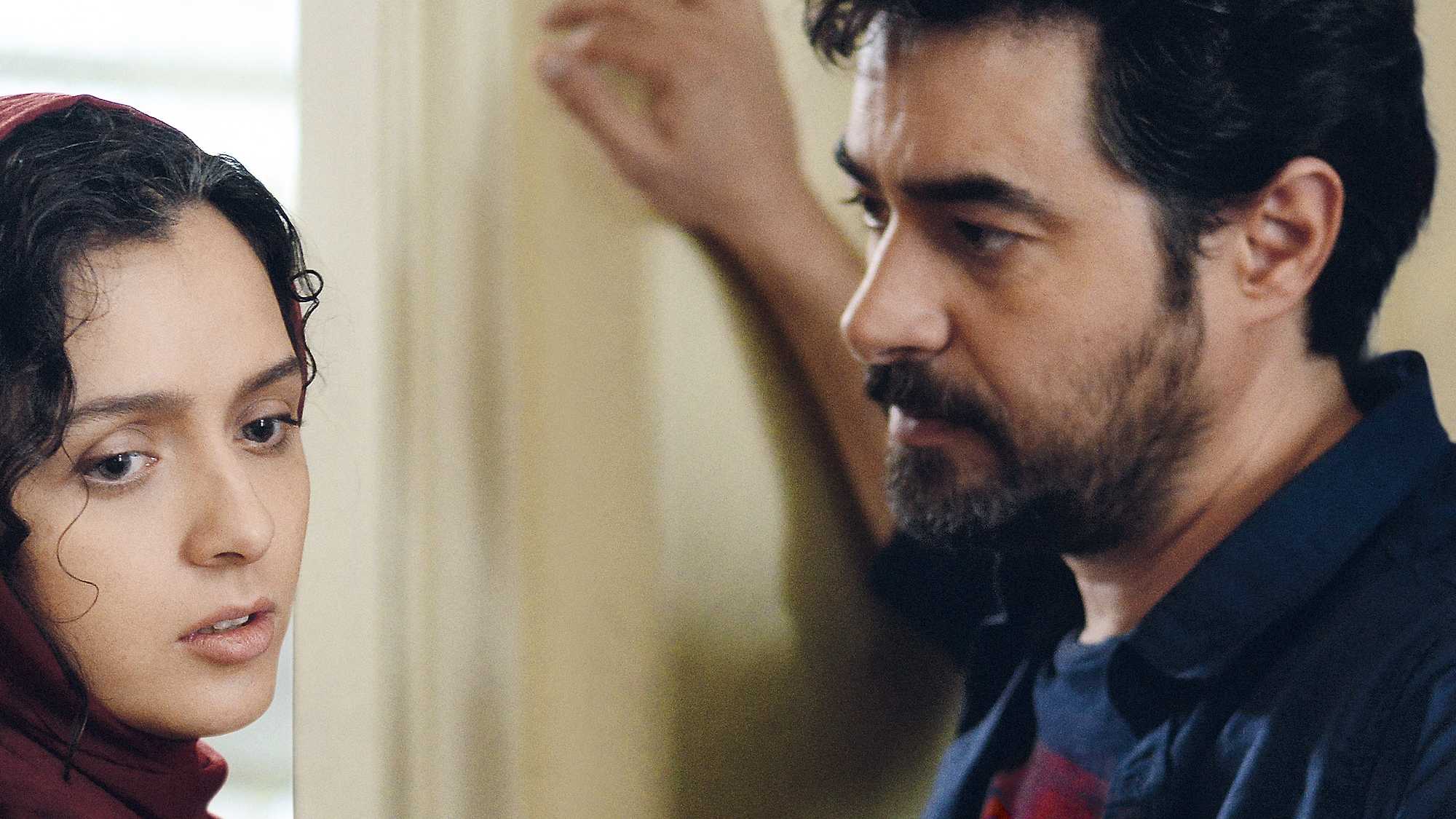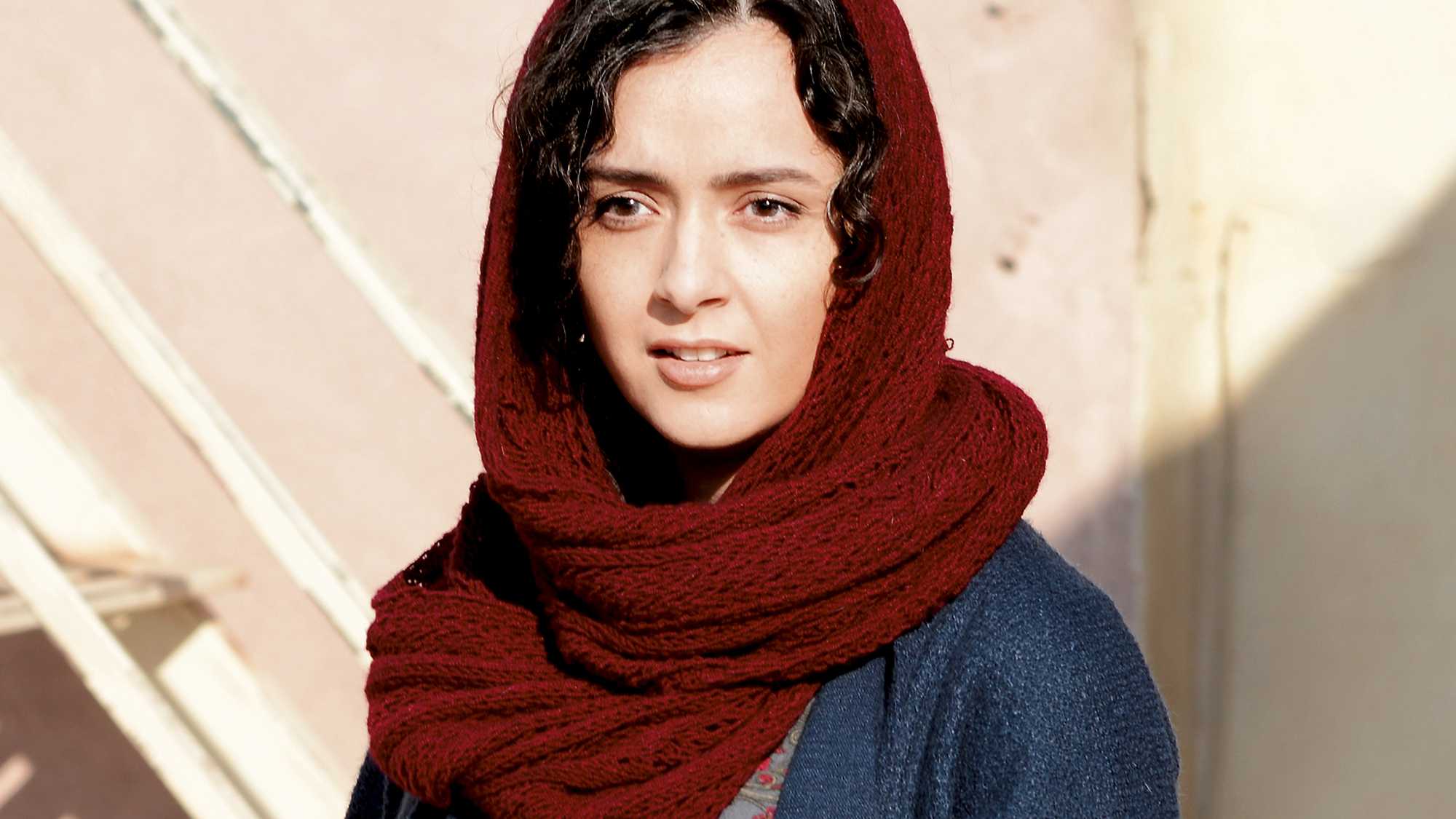From Iranian master Asghar Farhadi: a violent incident rocks the marriage of two Tehran actors in this Cannes award winner for Best Actor and Best Screenplay.



The new movie from the masterly Iranian director of A Separation and The Past is another finely cut gem of neorealist suspense.
The Salesman 2016
Forushande
The director of A Separation returns to his native Tehran for a domestic drama bearing his unmistakable signature. The Salesman reaches NZIFF direct from winning Best Actor and Screenplay awards at Cannes.
“The film is another of Farhadi’s characteristically thoughtful morality plays stemming from a series of dangerous, all-too-human misunderstandings: a woman in Tehran lets a man into her apartment, mistaking him for her husband; the accidental encounter leaves deep physical and psychological scars, awakening in her husband a wholly understandable yet all-consuming desire for revenge.
Beautifully acted by its three principals (Shahab Hosseini, Taraneh Alidoosti and especially Babak Karimi), Farhadi’s movie is a grave inquiry into the many varieties of male aggression and the moral cost of punishing our enemies, especially those who turn out to be as pitifully, redeemably human as we are. Its title is a deliberate nod to Arthur Miller’s Death of a Salesman, a local production of which the husband and his wife are both performing in…
The new film’s wrenching final moments ably confirm Farhadi’s standing as a dramatist of the first rank, an artist whose far-flung domestic dramas can make us feel painfully at home.” — Justin Chang, LA Times
“An expertly made, suspenseful film with a noxious political core; its inciting incident seems to reaffirm conservative Islam's worst ideas about uncovered and ‘loose’ women… [Farhadi’s] ability to stage a scene, to build the tensions between his characters until you’re bursting with anticipation, remains so potent.” — Bilge Ebiri, Village Voice